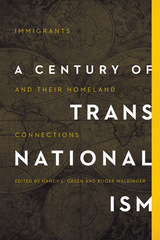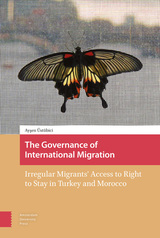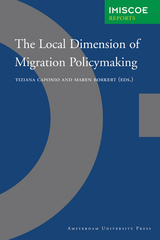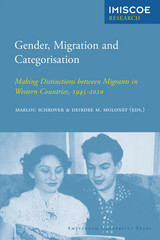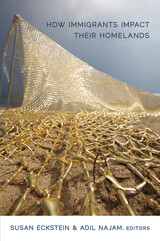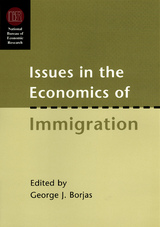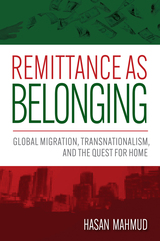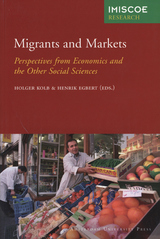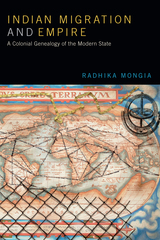How Immigrants Impact Their Homelands
Duke University Press, 2013
eISBN: 978-0-8223-9757-1 | Cloth: 978-0-8223-5381-2 | Paper: 978-0-8223-5395-9
Library of Congress Classification JV6217.H69 2013
Dewey Decimal Classification 304.8
eISBN: 978-0-8223-9757-1 | Cloth: 978-0-8223-5381-2 | Paper: 978-0-8223-5395-9
Library of Congress Classification JV6217.H69 2013
Dewey Decimal Classification 304.8
ABOUT THIS BOOK | AUTHOR BIOGRAPHY | REVIEWS | TOC | REQUEST ACCESSIBLE FILE
ABOUT THIS BOOK
How Immigrants Impact Their Homelands examines the range of economic, social, and cultural impacts immigrants have had, both knowingly and unknowingly, in their home countries. The book opens with overviews of the ways migrants become agents of homeland development. The essays that follow focus on the varied impacts immigrants have had in China, India, Cuba, Mexico, the Philippines, Mozambique, and Turkey. One contributor examines the role Indians who worked in Silicon Valley played in shaping the structure, successes, and continued evolution of India's IT industry. Another traces how Salvadoran immigrants extend U.S. gangs and their brutal violence to El Salvador and neighboring countries. The tragic situation in Mozambique of economically desperate émigrés who travel to South Africa to work, contract HIV while there, and infect their wives upon their return is the subject of another essay. Taken together, the essays show the multiple ways countries are affected by immigration. Understanding these effects will provide a foundation for future policy reforms in ways that will strengthen the positive and minimize the negative effects of the current mobile world.
Contributors. Victor Agadjanian, Boaventura Cau, José Miguel Cruz, Susan Eva Eckstein, Kyle Eischen, David Scott FitzGerald, Natasha Iskander, Riva Kastoryano, Cecilia Menjívar, Adil Najam, Rhacel Salazar Parreñas, Alejandro Portes, Min Ye
See other books on: Economic aspects | Emigration & Immigration | Emigration and immigration | Najam, Adil | Political aspects
See other titles from Duke University Press

